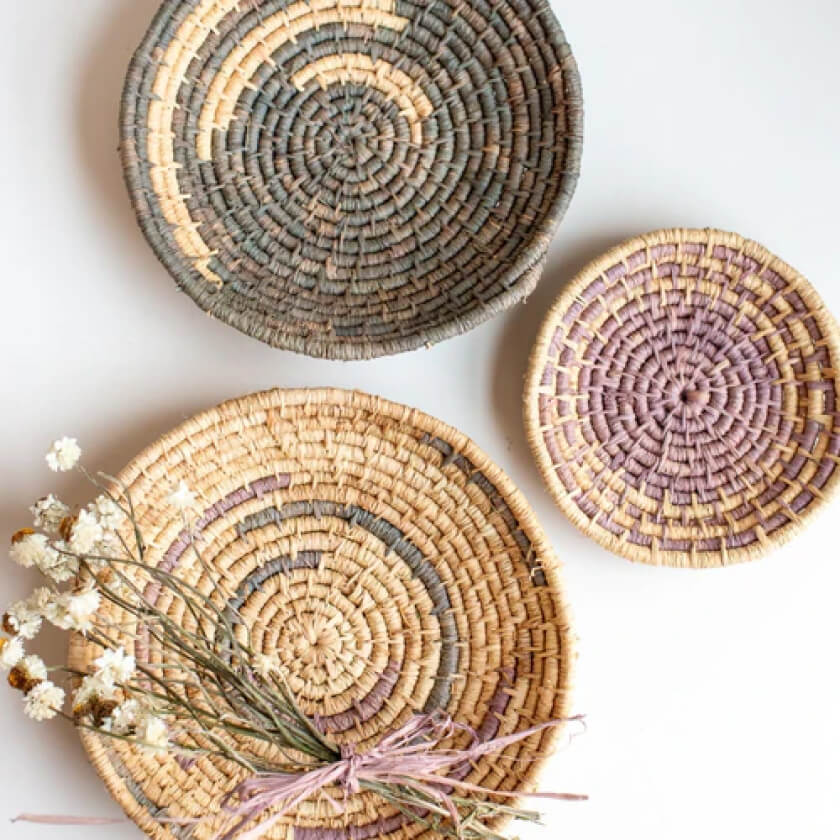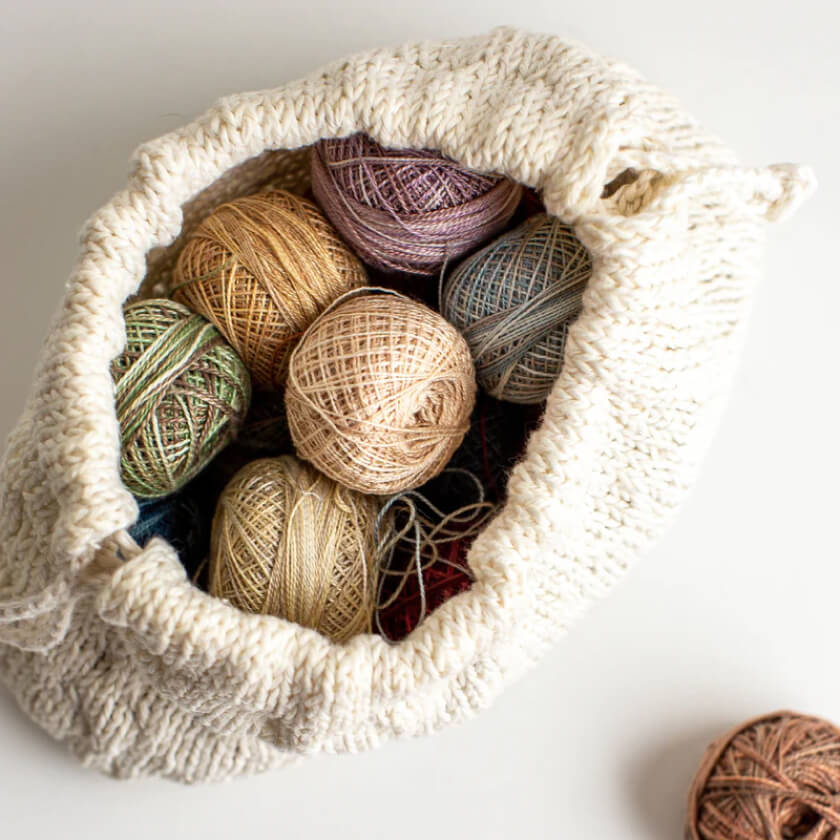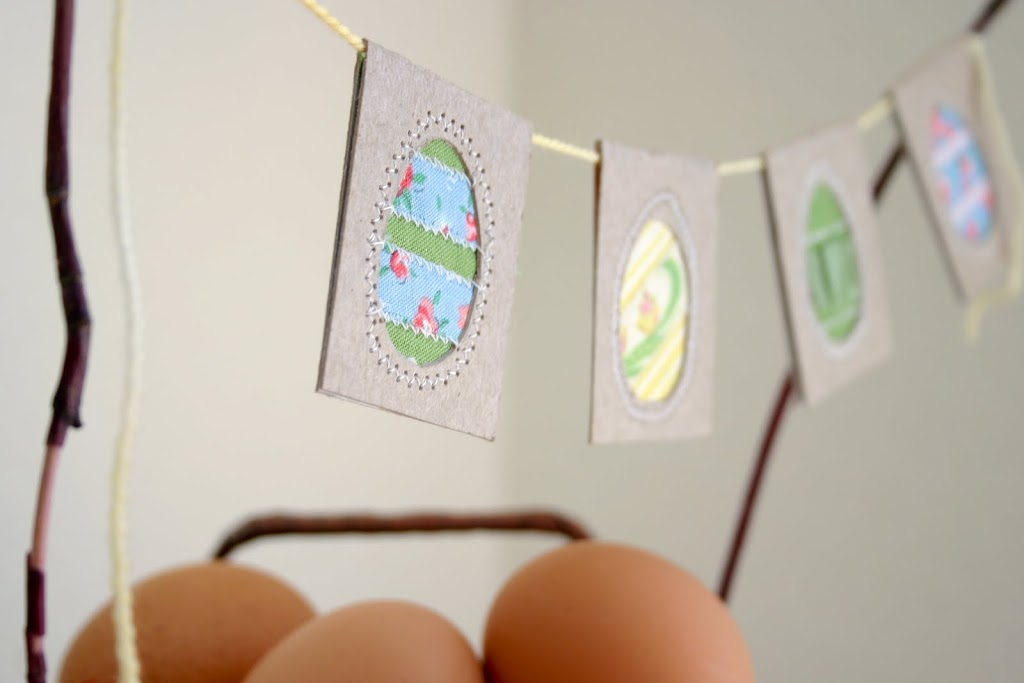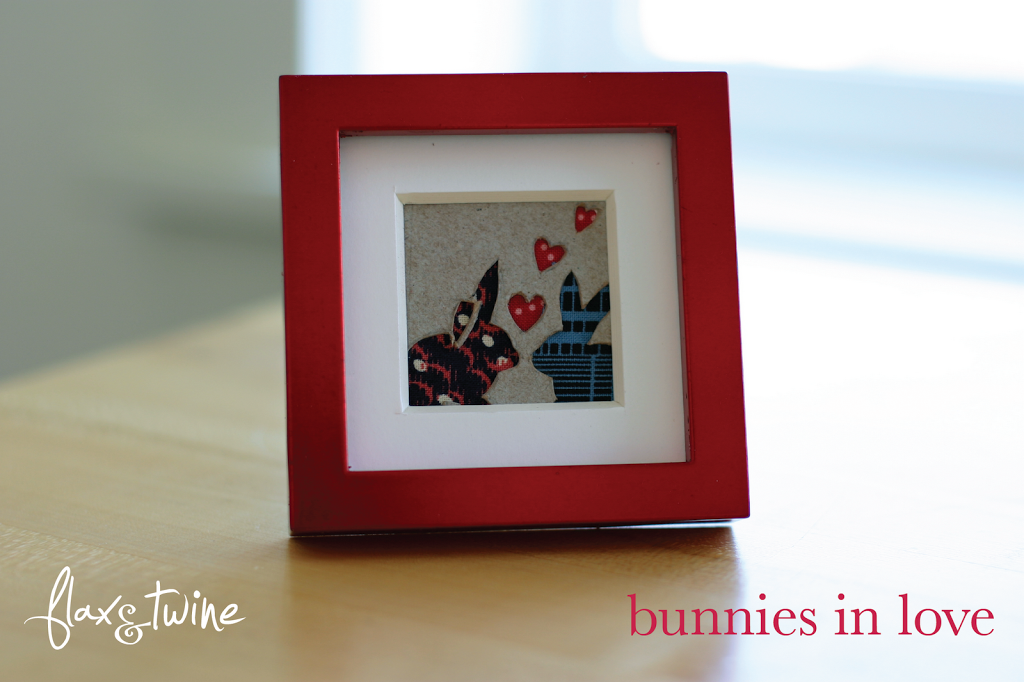As absolutely lovely as my time at the Makerie was, I experienced something the last day of that weekend that I find very difficult to talk about, which usually means that I should. This has nothing to do with my spectacular product photography teacher, Alessandra, whose class I attended that day, but has everything to do with me. I learned an amazing amount about my camera and how to set up good product shots. This post is not about the class, however, but more about what I felt during it. I include the product photos here to break up the text of this post a bit and to visually display my path and progress in the class.
That morning, upon arrival, I found myself in awe of the creative talent that surrounded me. My thoughts spiraled downward: how beautiful . . . wow! what an amazing aesthetic . . . she will be so successful . . . I’ll never match up to that . . . I’m not that talented . . . I am just not good enough at what I do. I plunged into a frustrating morning of self-criticism and doubt which, don’t tell anyone, even led to a little bit of crying in the bathroom.

Before starting this blog, creating always fell to the bottom of my list (or off of it). I used that as an excuse for not achieving everything I wanted to — I just don’t spend enough time on it, I thought. Now that I’ve fully acknowledged my desire for a career in the handmade industry, I assess my work more critically. I’ve taken huge leap and thrust myself fully into the handmade/design blog sphere. I now risk failure at the thing that matters the most to me. I feel powerfully precarious and exposed.
So what spawns these short but dreadful bouts of the “not good enoughs?” Does it lie solely in the hands of habitual comparison? What initiates the questions “Do I measure up?,” “Am I good enough?” Two days later, I received an unexpected answer.

I attended a lecture on perfectionism (originally scheduled with my daughter in mind.) A perfectionist — I have not labeled myself this for many years, but I used to. My perfectionism disintegrated with the advent of children, or so I thought. I settle for less than my best in many aspects of my life. No one could call me a perfectionist now. But,
Dr. Linda Silverman‘s discussion of the pathologized form of perfectionism smacked me over the head with its aptness:
:: a constant need for approval
:: fear of what others think
:: constant anxiety that one will make a mistake
:: fear of failure
:: overwhelming fear that one will never be good enough
:: measurement of one’s worth in terms of productivity and accomplishment
Oh yeah, I remember. I haven’t seen this list so explicitly laid out in a long time. Perfectionism no longer paralyzes me the way it used to, but these traits surface often and bog me down. Seeing the “not-good-enoughs” nestled right in the middle of these qualities feels oddly reassuring. Somehow perfectionism as a recognized series of traits, feels manageable, surmountable even.
Something entirely new about perfectionism surfaced at this talk– something that nearly bowled me over.
Dr. Silverman said that:
:: BEAUTY is a perfectionistic desire ( I had never heard this before)
:: perfectionists have a powerful drive and motivation to achieve pleasing aesthetics in everything they do.
It is?? We do?? This explains a lot.
Dr. Silverman calls perfectionism an energy (energy, I like calling it that) that can be used either positively (whew- good!) or negatively. This energy can “cause paralysis and underachievement if the person feels incapable of meeting standards set by the self or others.” On the flip side, used positively, perfectionism can “propel an individual toward unparalleled greatness.” ( I feel like a super hero!) Perfectionism “fuels passion that can lead to extraordinary creative achievement!” (What?? Yes!!)
So maybe perfectionism is not so bad if it fuels our passion, our drive. If we can put aside the “not-good-enoughs,” if we can use our perfectionistic energy positively, focusing on process not product, it seems as though the achievement part will come naturally. This means leaving comparison behind to pursue and embrace our perfectionistic drive to be our best selves and do our best work. Maybe thinking of it this way, and then recognizing negative perfectionistic energy when it does surface, will make for fewer mornings like I had in the photography class and make for more moments of joy found in each and every step along the way.
Here are Dr. Silverman’s suggestions for how to tame the perfectionist beast:
:: set priorities – where can we settle for less than our best?
:: appreciate what we have accomplished
:: reframe mistakes as learning experiences
:: focus on process not product (good for tutorials :))
:: don’t punish oneself for failing
:: go ahead and tackle the project, don’t procrastinate
:: its okay to erase, start over or revise
Okay, well, long post – thanks for hanging in there with me to the end. I am thinking that the love of beauty runs prevalent among you. Lurking perfectionists and others, please comment. Perfectionist that I am, I’m sure to be looking for external approval from you all and am certain to feel extreme anxiety that this post was a huge flop!










Leave a comment
This site is protected by hCaptcha and the hCaptcha Privacy Policy and Terms of Service apply.